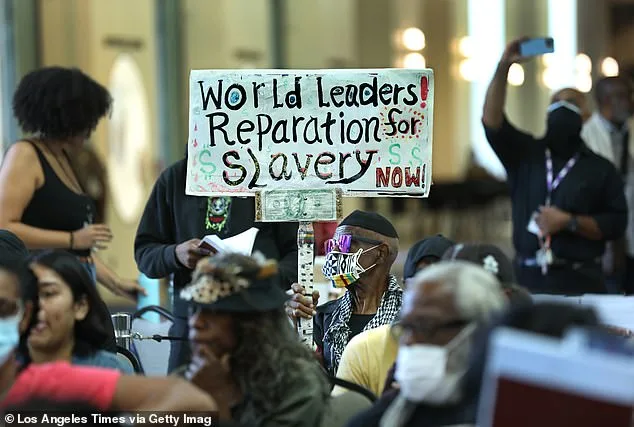Activists say they’re close to creating a UN tribunal to pressure the US to settle its $14 trillion debt to the descendants of slaves as part of a global reckoning against centuries of race-based discrimination.
Justin Hansford, a Biden Administration nominee, told DailyMail.com of ‘concrete’ efforts to launch a UN reparations tribunal at the world body’s Permanent Forum on People of African Descent in Geneva next month.
The tribunal would assess the harmful legacies of the transatlantic slave trade, colonialism, and Jim Crow segregation, and push America and other governments to apologize and compensate those still suffering their effects, said Hansford.
‘This is a chance for us to pave a new pathway for justice for the entire world,’ Hansford, a Howard University Law Professor, told DailyMail.com.
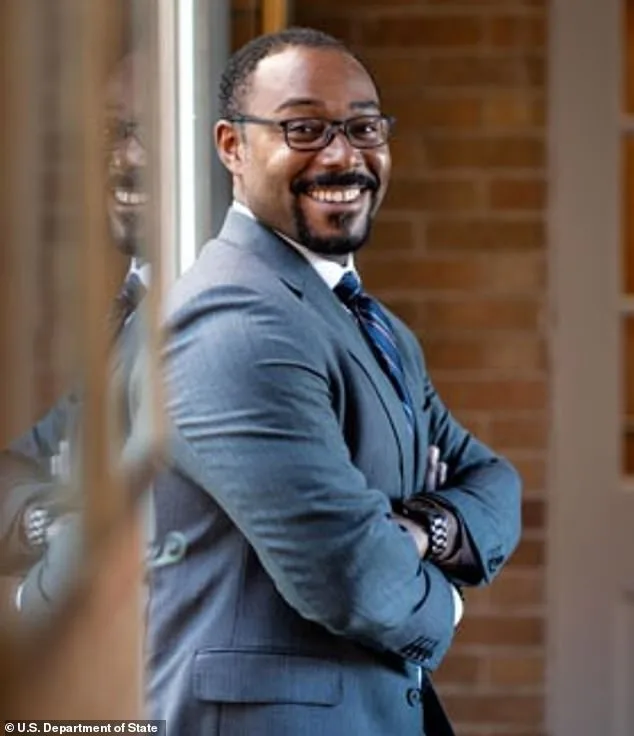
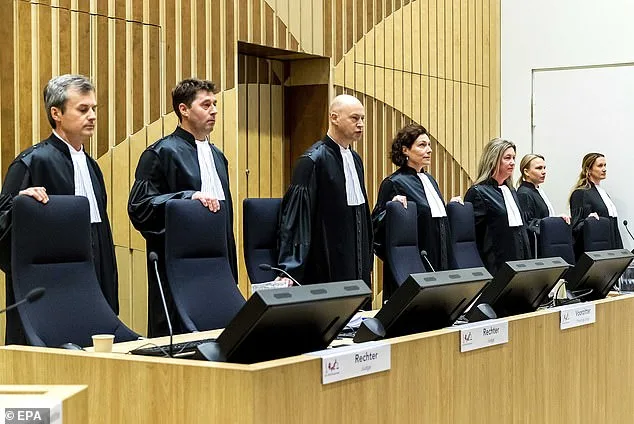
He and other envoys will hash out a framework for the tribunal at the Palais des Nations from April 16-19 and propose the scheme to UN members for approval in the subsequent months, he said.
Their tribunal plan is a long-shot — efforts at the UN frequently take years and even decades to get off the launch pad.
Reparations schemes are particularly controversial, and it remains unclear whether the UN’s former colonial members in Europe and beyond would back a body that could end up costing them trillions of dollars.
But there does appear to be growing momentum behind reparations among African, Caribbean and Latin American nations, and this week UN chief Antonio Guterres added his voice to the effort.
In a statement to mark the UN International Day of Remembrance of the Victims of Slavery, Guterres said the past ‘laid the foundations for a violent discrimination system based on white supremacy.’
‘We call for reparatory justice frameworks to help overcome generations of exclusion and discrimination, said the secretary general.
According to Hansford, the planned tribunal would comprise 20-30 jurists and experts who would assess the impacts of slavery and advise UN members how to compensate other nations as well as their own citizens, he added.
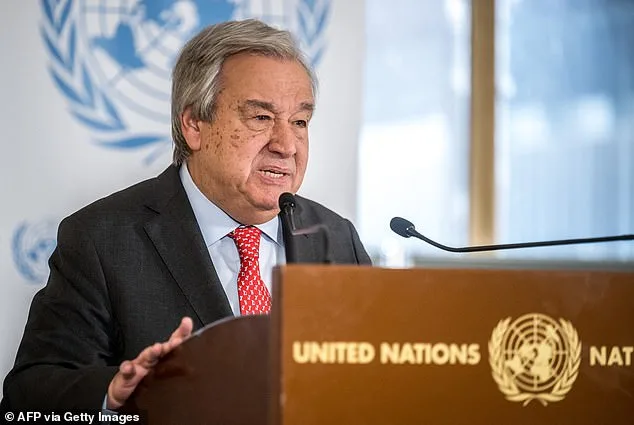
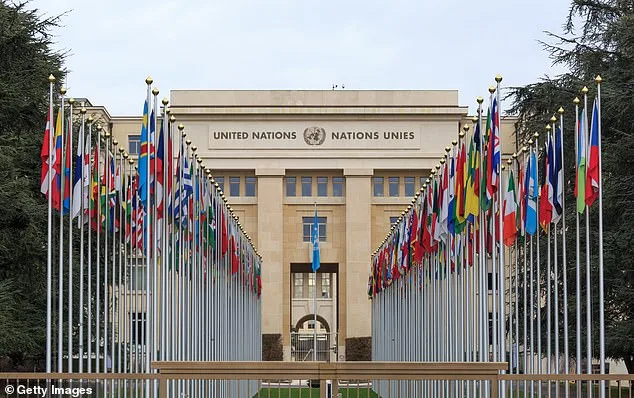
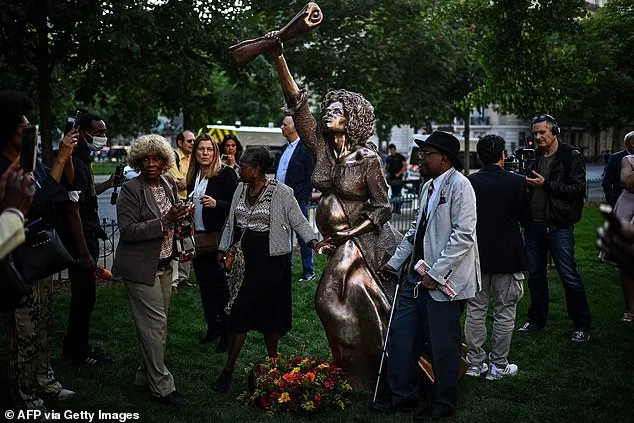
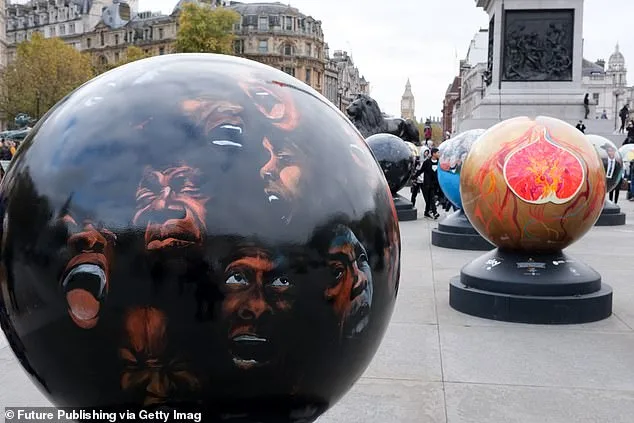
In the case of the US, Hansford said payouts could amount to $12-14 trillion, including $5 million checks to US citizen descendants of slaves.
‘I don’t expect the UN to be able to force the US to give black Americans reparations,’ said Hansford, a descendant of slaves in Forsyth, Georgia.
‘But I would like the UN to hold a tribunal to look through the evidence and decide what is a fair outcome … and we can use that as a starting point for what to do in the United States.’
Still, he acknowledged that cash payouts to individuals were ‘divisive’ and that such alternatives as investments in schools and hospitals for African Americans were also on the table.
‘It can get twisted and seem like a grievance and people are just clamoring for resources, but a tribunal can provide a certain level of fair-mindedness and hear the evidence in a responsible way,’ he said.
Hansford, director of the Thurgood Marshall Civil Rights Center, was nominated by the Biden Administration to serve as an independent expert for the forum’s 2022-2024 term.
The US Mission to the UN did not answer DailyMail.com’s request for comment.
From the 15th to the 19th century, at least 12.5 million Africans were kidnapped, forcibly transported by European ships and merchants and sold into slavery.
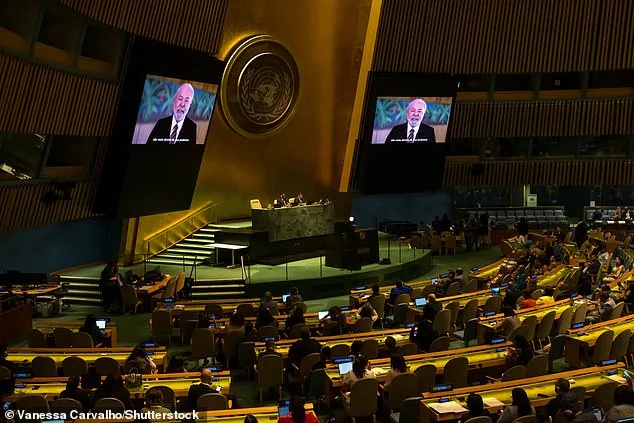
Those who survived the brutal voyage ended up toiling on plantations in the Americas, including in Brazil, the Caribbean and the United States, while others profited from their labor.
A UN report in September suggested countries should consider financial reparations to compensate for slavery.
The idea of paying reparations or making other amends for slavery has a long history, but the movement has been gaining momentum worldwide.
A Caribbean reparations initiative involves debt cancellations and support to tackle public health crises, from former colonial powers such as the United Kingdom, France, and Portugal.
The Repair Campaign, which is producing socio-economic reparation plans for Caribbean nations, released a poll on Monday showing four in ten people in the UK agreed the Caribbean should receive financial compensation
Another three in five agreed a formal apology was due.
In the US, the schemes are popular with 77 percent of the black Americans, who could benefit from payouts, according to Pew Research Center polling.
But only 18 percent of whites — who would shoulder an extra tax burden — support them.
Critics say they cost too much, are unfair, and will sow divisions between winners and losers.


